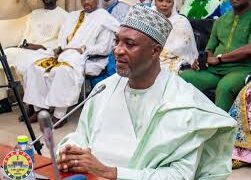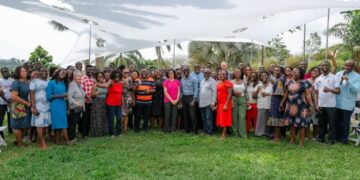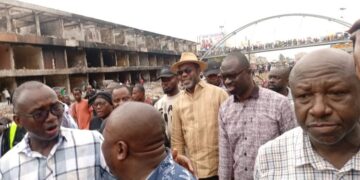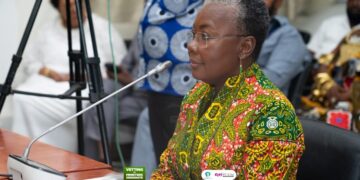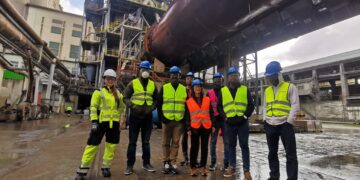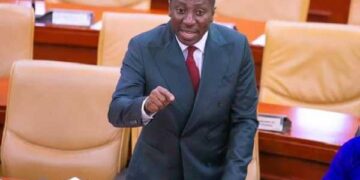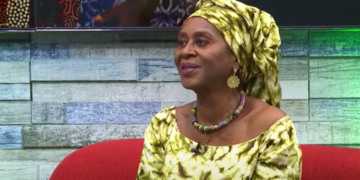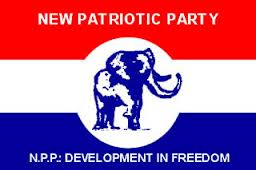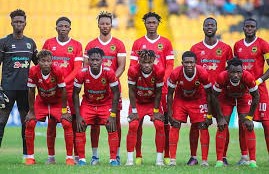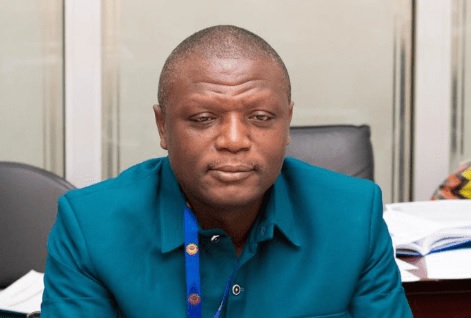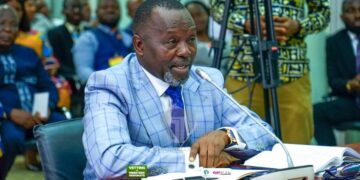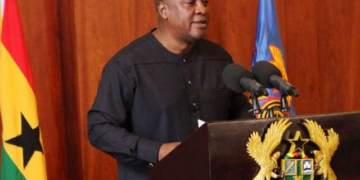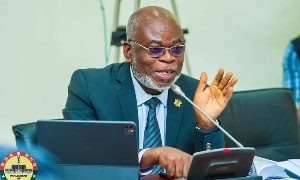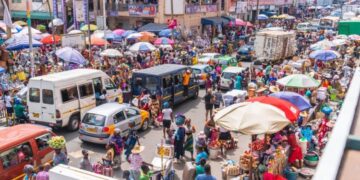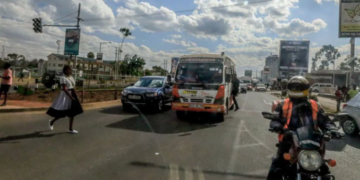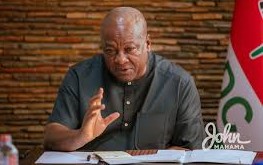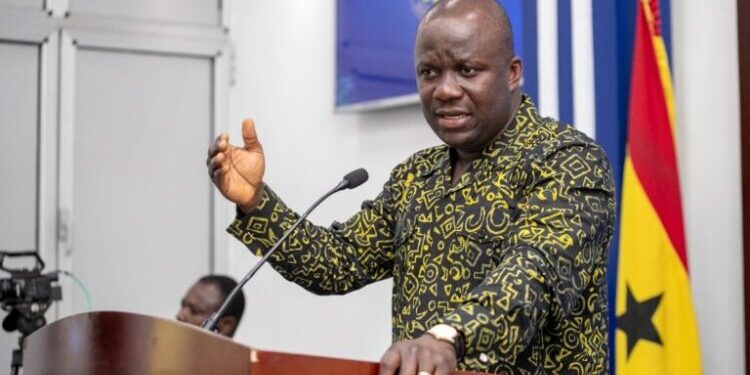The Minister for Lands and Natural Resources, Samuel Abu Jinapor, has called an urgent meeting with all 16 Regional Ministers to address the devastating effects of illegal mining, known locally as ‘galamsey.’
The meeting, scheduled for Wednesday, will take place at the Ministry’s Conference Room and focus on the increasing environmental destruction caused by galamsey operations across the country.
In a circular issued by the Ministry’s Chief Director, the subject of the meeting was stressed as a critical issue, with Jinapor looking forward to engaging the Regional Ministers in finding lasting solutions to the crisis.
The circular read: “Please the Hon Minister for Lands and Natural Resources, Samuel Abu Jinapor, would like to meet all of you 16 Regional Ministers on Wednesday at the Ministry’s Conference Room. Subject matter is galamsey. Hon Minister Jinapor looks forward to meeting with you all.”
The government has been criticized for implementing ad-hoc measures to combat illegal mining, with concerns that these efforts have failed to curb the destruction of forests and water bodies.
The involvement of foreign nationals, particularly Chinese migrants, and the use of heavy equipment and harmful chemicals have worsened the situation, especially in the Central and Western Regions.
The Ghana Water Company Limited (GWCL) recently apologized to residents of Cape Coast, Elmina, and surrounding areas for erratic water supply, attributing the disruptions to severe pollution of the River Pra caused by illegal mining.
According to GWCL, about 60% of the river’s catchment capacity has been compromised due to siltation from galamsey activities.
The company’s production has dropped to just 7,500 cubic meters per day, a quarter of its full capacity, resulting in significant inconvenience for residents.
In light of the growing crisis, former National Development Planning Commission Chairman, Prof. Stephen Adei, has called on President Nana Addo Dankwa Akufo-Addo to declare a national emergency on illegal mining.
He argues that such a declaration would grant the President emergency powers to decisively combat the “gargantuan environmental degradation” caused by galamsey.
Prof. Adei emphasized that galamsey reflects a failure of political, traditional, and security leadership, with grave implications for the health and future of Ghanaians.
He pointed to the destruction of the River Gimi, the primary water source for Obuasi, as an example of the devastation caused by illegal mining.
The specific actions the President could take if a national emergency on galamsey were declared remain unclear.
However, under Article 31 of the 1992 Constitution, the President, with the advice of the Council of State, has the authority to declare a state of emergency in any part of the country.
Meanwhile, Martin Kwaku Ayisi, CEO of the Minerals Commission, has warned that a blanket ban on small-scale mining would harm legal operators in the sector.
He advocated for better regulation of unlicensed mining activities rather than a total shutdown of the industry.
Security expert Prof. Kwesi Aning also weighed in, describing illegal mining as a form of transnational organized crime involving foreigners, especially Chinese nationals, and posing a serious threat to Ghana’s environment and international standing.
Prof. Aning criticized Ghanaian leaders for their failure to address the issue, accusing them of collusion and negligence, particularly in granting visas to foreign actors who exploit the country’s resources without regard for the damage caused.
He cited the case of Aisha Huang, a Chinese national involved in illegal mining, as evidence of state complicity in the crisis.
With mounting pressure from environmentalists and the public, the emergency meeting convened by Jinapor is seen as a critical step in finding a comprehensive solution to the illegal mining crisis that has ravaged Ghana’s natural resources.


